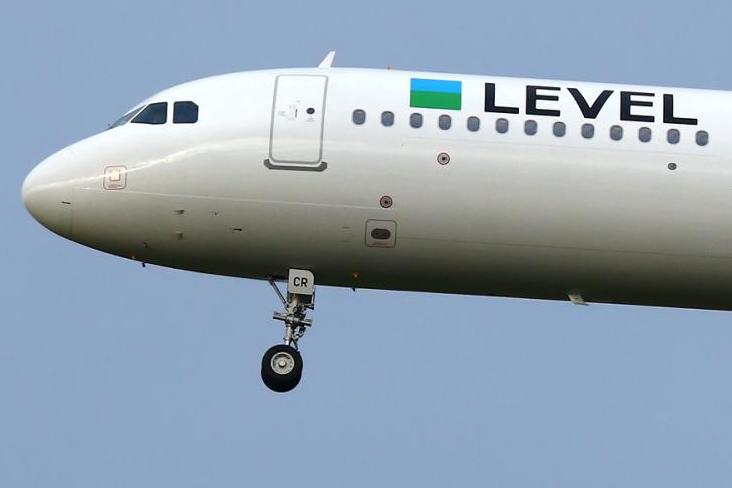Why British Airways owner's new airline is declaring war on Ryanair
'This is shaping up to be one of the biggest fares wars in European aviation history'

Fancy starting an airline? Besides deep pockets and a voracious appetite for risk, you’ll need planes, pilots and people to look after everything from safety to sales. A brand, a logo and a reservations system. Plus deals with airports, ground handlers, caterers…
All of which takes time. At least while everything is taking shape, your airline can be taking bookings.
For example, Primera Air announced the start of cheap transatlantic flights from Birmingham and Stansted in November 2017, six months before the first flights. (This Icelandic-Latvian airline has now axed its Birmingham operation.)
When British Airways’ parent company, IAG, launched a long-haul budget offshoot, Level, eyebrows were raised about the short “booking horizon”: just three months from March 2017 until the flights began.
Now IAG has astonished the aviation business by announcing a short-haul sibling, also called Level, with just 19 days until the maiden flights from the hub in Vienna to Gatwick and Palma de Mallorca.
When easyJet launched in 1995, it was content with Luton to Glasgow and Edinburgh, with other routes only slowly added.
Three years later, British Airways launched its first attempt at a budget offshoot: Go. The initial network from Stansted comprised only Milan, Rome and Copenhagen.
Level, in contrast, will have a 14-route network by the second week in August – a formidable scale for a startup.
Spain gets seven links, Italy three, plus Dubrovnik in Croatia, Larnaca in Cyprus and Paris. The one British connection is Gatwick-Vienna; but with two flights a day, each way, adding almost 6,000 seats a week between the UK and Austrian capitals.
The timeframe is just one strange element of this launch. The choice of a new short-haul brand is surprising, since IAG already has a perfectly good low-cost operation in the shape of Vueling. When I booked my Vienna flight, the transaction was hosted by Vueling.
My hunch is that IAG plans to combine Vueling and Level; even though the former is a far bigger entity, the latter has a name which works well worldwide.
Stranger still: the new budget operation is from a capital city that already has a prodigious supply of flights, as well as a neighbouring airport – Bratislava – 30 miles away, where Ryanair and Wizz Air are already bedded in.
The only answer I can supply: Laudamotion, now a subsidiary of Ryanair. It used to be known as flyNiki, and was a takeover target for IAG six months ago. But after some legal wrangling, the former owner, Niki Lauda, bought it back.
In March, Ryanair agreed to take a majority stake. If you search for flights between London and Vienna from the autumn onwards (mostly £20 or less each way), you will find your purchase is handled by Ryanair.
During its thwarted bid for flyNiki, IAG will have done plenty of research on the potential for a Vienna-based budget airline, and made forecasts for demand from the Austrian capital to Barcelona, Ibiza, Malaga and Palma. All of these destinations are already served by Laudamotion.
“Vienna is going to be awash with sun seats this year,” said Tim Jeans, former commercial director of Ryanair.
This is shaping up to be one of the biggest fares wars in European aviation history. While ostensibly the combatants are small startups, behind them stand aviation giants, about to begin a proxy war.
IAG’s chief executive, Willie Walsh, vowed: “We will serve the Austrian market with low-cost, reliable flights.”
Ryanair’s chief marketing officer, Kenny Jacobs, said: “We welcome competition and anything that brings more choice for consumers, however Ryanair will continue to offer the lowest fares in every market, with an average fare of just €39 that no one else can match.”
Experience suggests that both parties will cut fares aggressively and lose money hand-over-fist on the routes where they compete directly, and that eventually one of them will retire hurt. Until then, I suggest you include Vienna in your flight plans; the certain winner in this conflict will be the traveller.
“Isn’t ‘Open Skies’ a wonderful thing?,” said one senior aviation source – before adding a Brexit footnote: ”We’ll miss it.”
Join our commenting forum
Join thought-provoking conversations, follow other Independent readers and see their replies
Comments
Bookmark popover
Removed from bookmarks